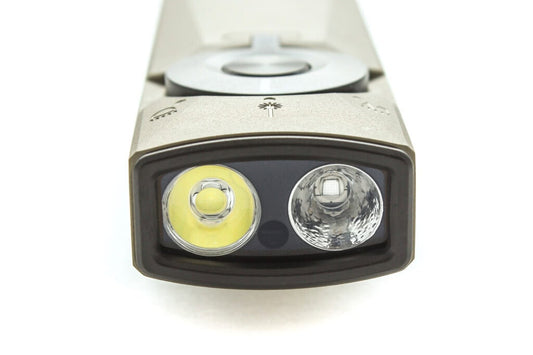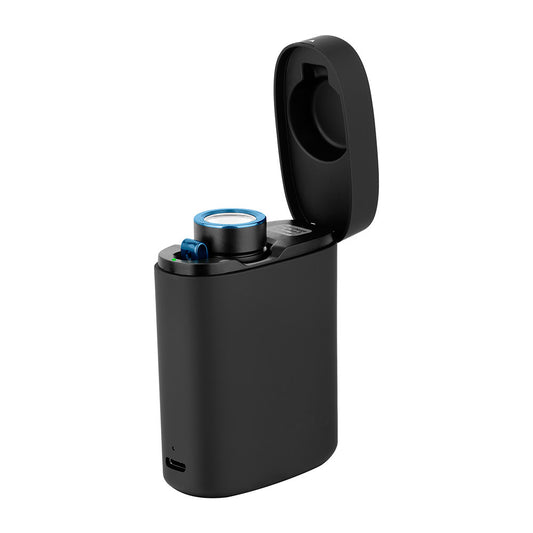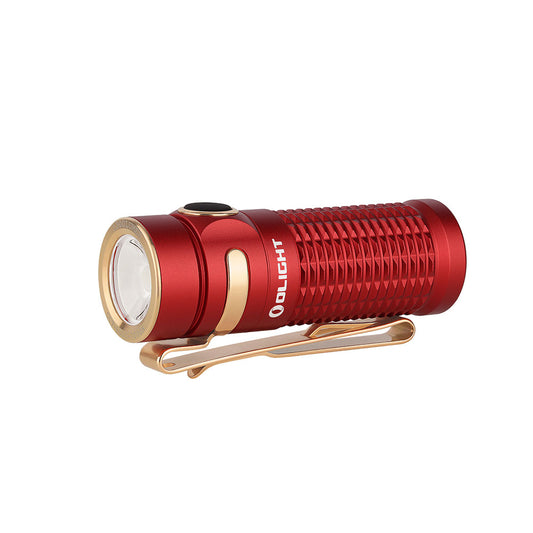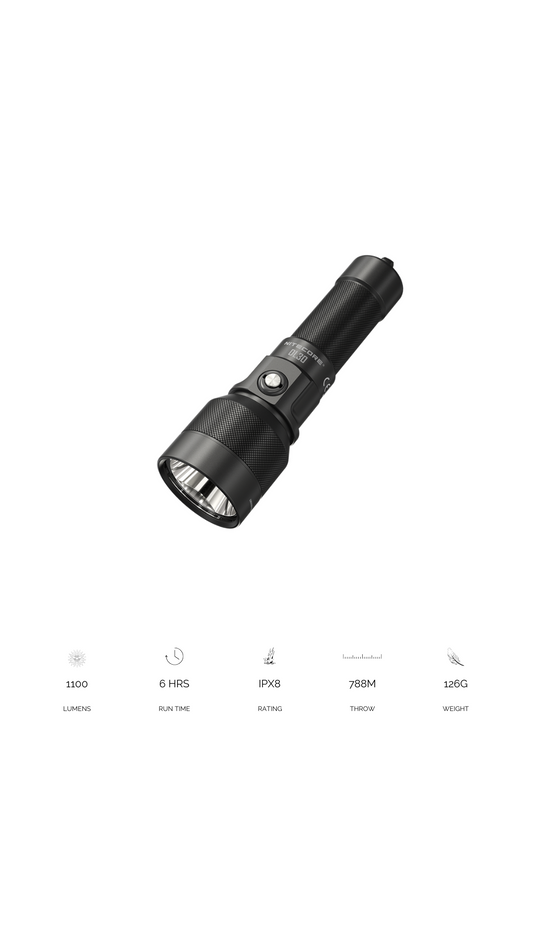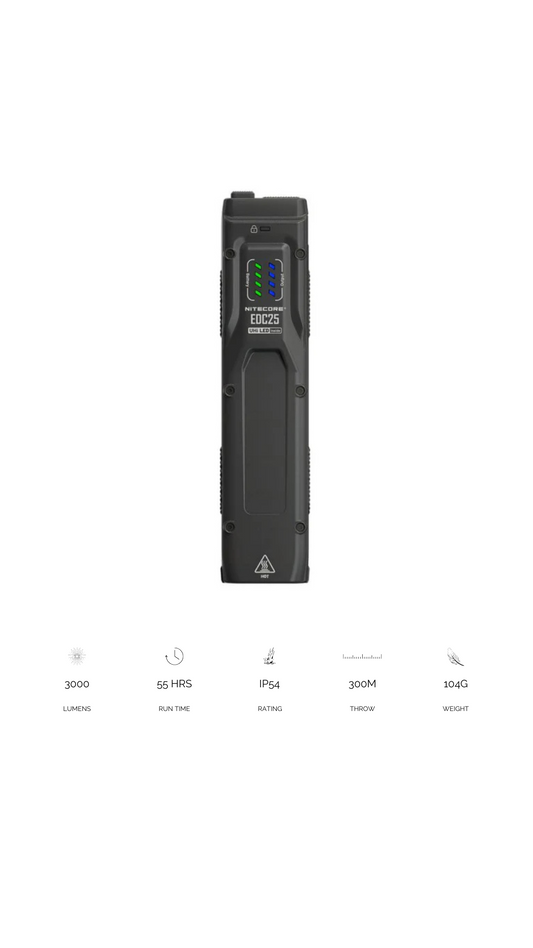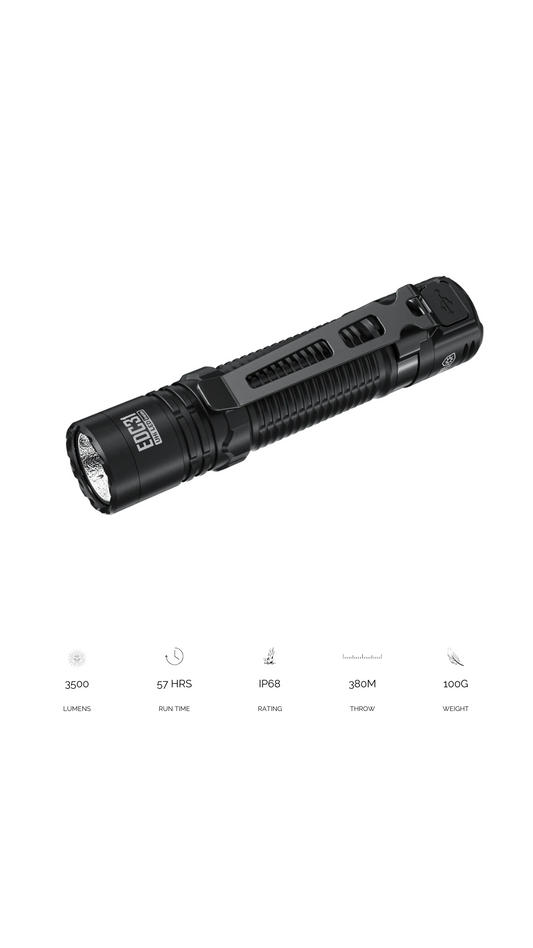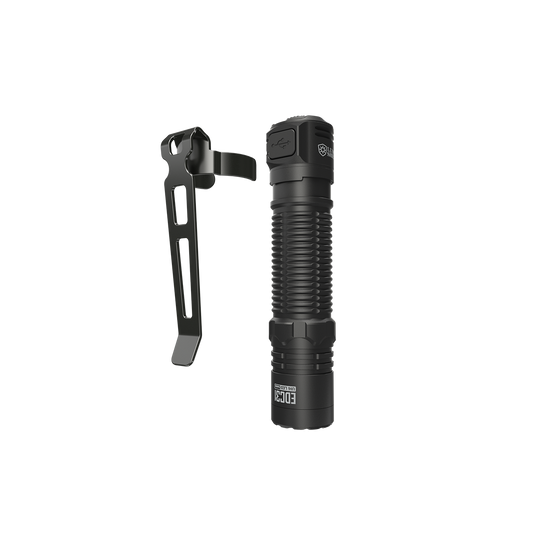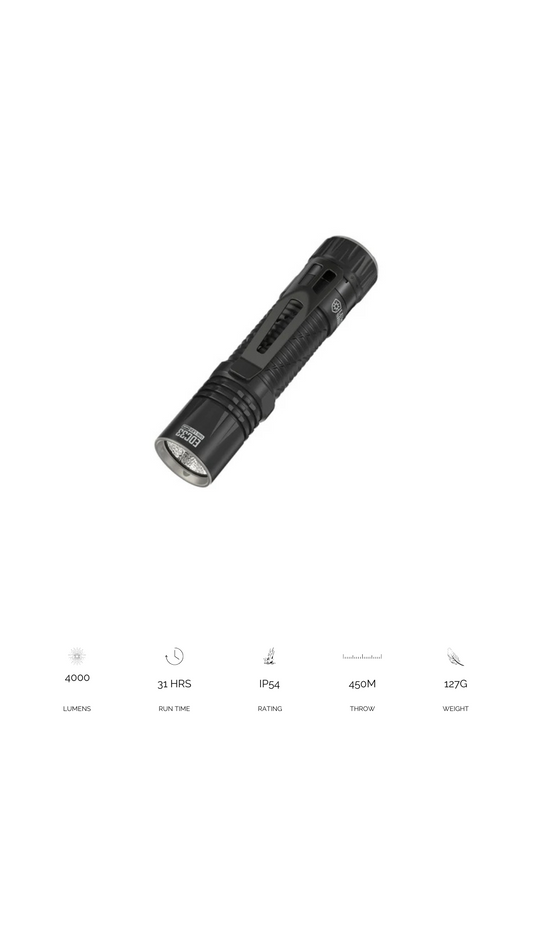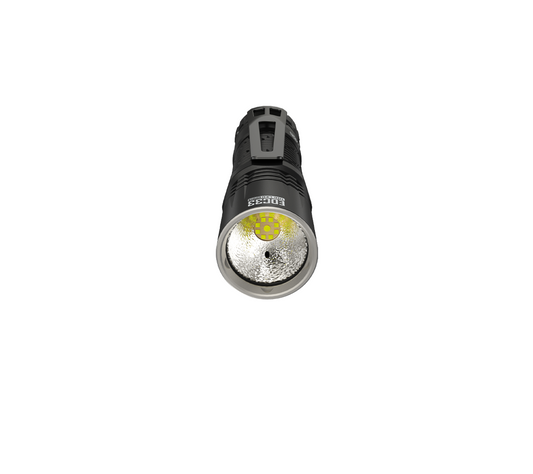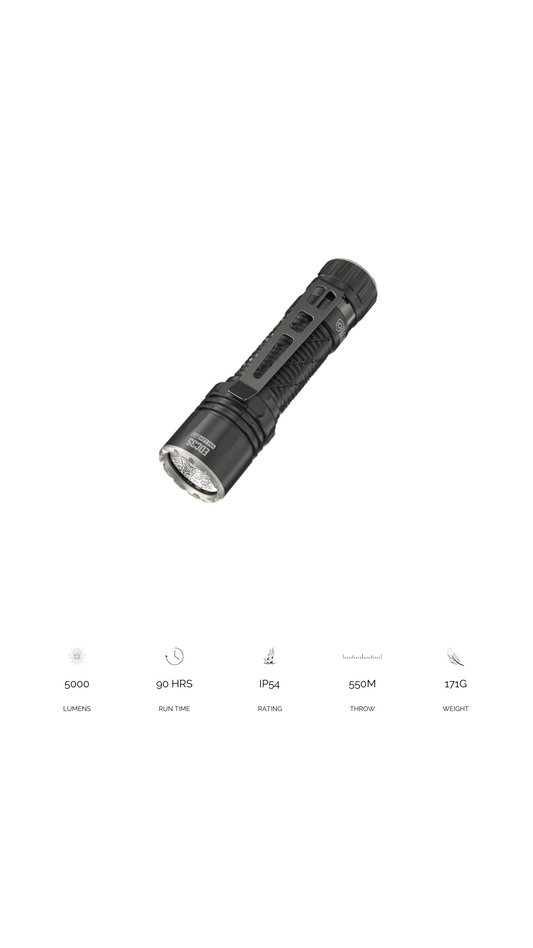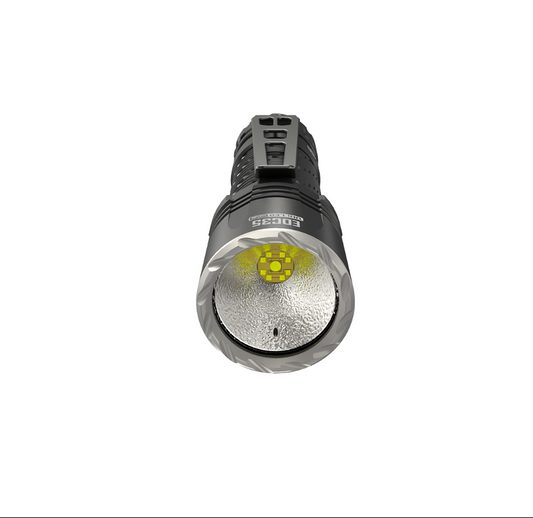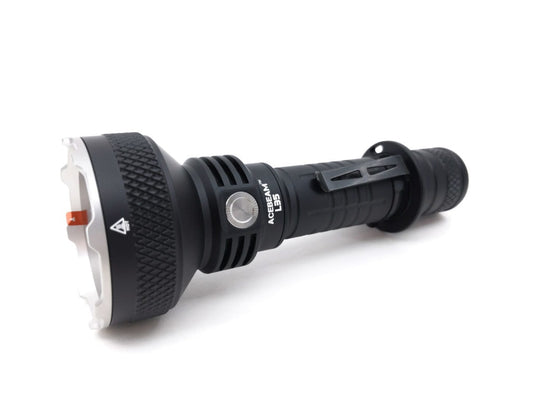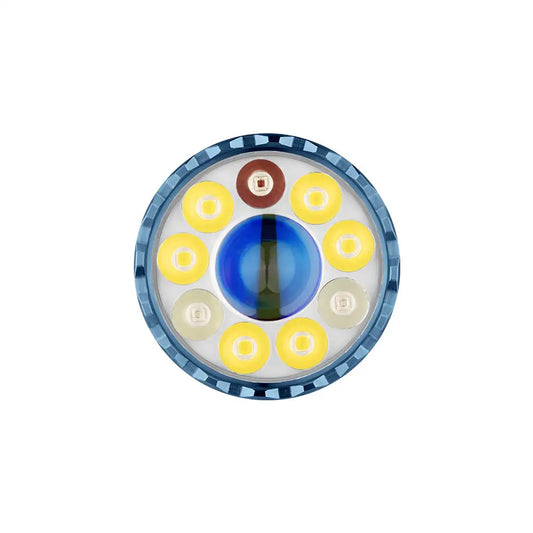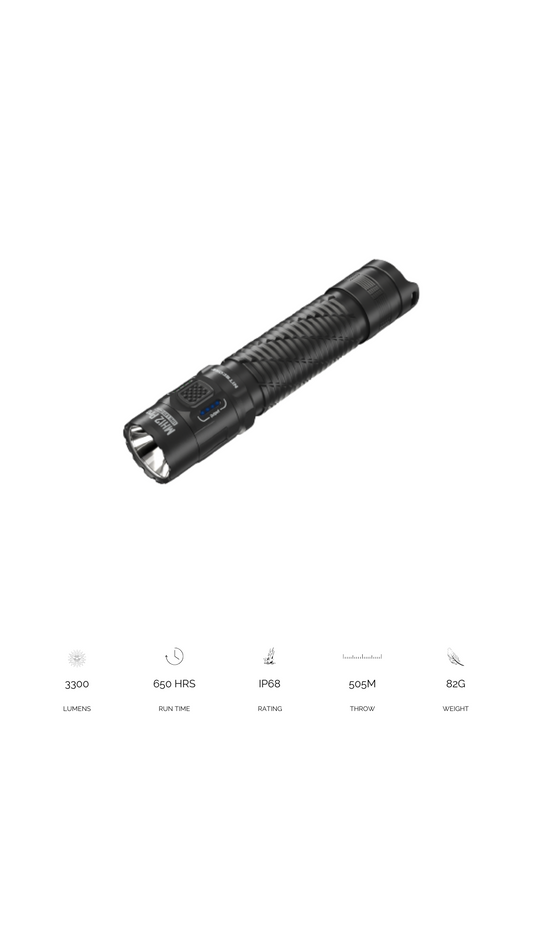
Mental Fitness Matters: Techniques and Tools for Everyday Stress Management
In today's whirlwind world, prioritizing physical health is a well-established practice. We hit the gym, track our macros, and strive for eight hours of sleep. But what about mental well-being? Just like our bodies, our minds need regular exercise and tender loving care (TLC) to function at their best. The good news? Mental fitness, much like physical fitness, can be cultivated through simple, everyday practices.
The Mind-Body Connection: Why Mental Fitness Matters
Think of your mind as the control center for your entire being. It processes information, generates emotions, and guides your actions. When stressed or overwhelmed, our thoughts, emotions, and even physical health can suffer. Chronic stress can lead to:
• Anxiety: A constant feeling of worry, unease, and nervousness.
• Fatigue: Persistent tiredness that doesn't improve with rest.
• Difficulty concentrating: Trouble focusing on tasks at hand and increased forgetfulness.
• Headaches and muscle tension: Physical manifestations of stress impacting your daily life.
• Weakened immune system: Stress can make you more susceptible to illness.
However, by prioritizing mental fitness, we equip ourselves with the tools to:
• Navigate life's challenges: Approach problems with a clear head and develop coping mechanisms for tough situations.
• Build resilience: Bounce back from setbacks and maintain a positive outlook even when faced with adversity.
• Maintain a positive mood: Reduce stress hormones and cultivate feelings of happiness and well-being.
• Sharpen cognitive function: Improve memory, concentration, and overall mental clarity.
• Strengthen relationships: Communicate effectively, manage conflict constructively, and build stronger connections with others.

Building Your Everyday Mental Fitness Toolkit
The beauty of mental fitness is that you can seamlessly integrate it into your daily routine. Here's a comprehensive toolkit packed with techniques and tools to empower your mental well-being:
1. Mindfulness Practices:
Mindfulness is the practice of focusing your attention on the present moment without judgment. It's about becoming aware of your thoughts, feelings, and bodily sensations without getting caught up in them. This allows you to:
• Reduce stress: Anchoring yourself in the present allows you to detach from worries about the future or regrets about the past.
• Improve emotional regulation: Mindfulness helps you observe your emotions without reacting impulsively.
• Increase self-awareness: By paying attention to your inner experience, you gain valuable insights into your triggers and patterns.
Here's how to incorporate mindfulness into your day:
• Meditation: Dedicate 5-10 minutes daily to quiet your mind. Numerous guided meditations are available online or through apps like Headspace or Calm.
• Deep Breathing Exercises: When stressed, focus on your breath. Inhale slowly for a count of four, hold for four seconds and exhale slowly for eight seconds. Repeat until you feel calmer.
• Mindful Movement: Activities like yoga, tai chi, or mindful walks allow you to connect with your body and the present moment.
2. The Power of Positive Affirmations:
Our self-talk matters tremendously. The way we speak to ourselves impacts our mood, confidence, and overall outlook. Start your day with positive affirmations that reinforce your strengths and capabilities.
Here are some examples:
• "I am capable and confident."
• "I am worthy of love and happiness."
• "I can handle whatever challenges come my way."
• "I am learning and growing every day."
Repeat these affirmations to yourself throughout the day, especially when facing difficult situations.
3. Cultivating Gratitude:
Gratitude is a powerful antidote to negativity. When we focus on the good things in our lives, we shift our perspective and experience a boost in mood and well-being. Here are ways to incorporate Gratitude into your daily routine:
• Gratitude Journaling: Every night, take a few minutes to write down three things you're grateful for, big or small. This simple practice can significantly improve your outlook.
• The "Gratitude Jar": Throughout the day, write down things you're grateful for on small pieces of paper and deposit them in a jar. On a low day, read through the notes to remind yourself of all the blessings in your life.
• Expressing Gratitude to Others: Let your loved ones know how much you appreciate them. A simple "thank you" or a handwritten note can go a long way in strengthening relationships and fostering feelings of connection.
4. Journaling for Mental Clarity:
Journaling is a powerful tool for processing emotions, identifying stress triggers, and setting goals. Putting pen to paper allows you to:
• Declutter your mind: Writing down your thoughts and feelings can be a cathartic experience, helping you clear your head and gain perspective.
• Identify stress triggers: By journaling consistently, you can start to identify recurring themes and situations that trigger stress or negative emotions.
• Set goals and track progress: Use your journal to set realistic goals for your mental well-being and track your progress over time. This can be incredibly motivating and help you stay accountable.
Here are some journaling prompts to get you started:
• What am I feeling grateful for today?
• What challenges did I face today? How can I overcome them in the future?
• What am I worried about? Is there anything I can do to address it?
• What positive affirmations can I repeat to myself today?
5. Fueling Your Mind and Body:
Diet, sleep, and exercise all play a crucial role in mental health. Just like a car needs the right fuel to run smoothly, our brains require proper nourishment and physical activity to function at their best.
• Healthy Diet: Prioritize whole foods like fruits, vegetables, whole grains, and lean protein. Limit processed foods, sugary drinks, and excessive caffeine, which can negatively impact mood and energy levels.
• Quality Sleep: Aim for 7-8 hours of sleep each night. Develop a relaxing bedtime routine and create a sleep-conducive environment for optimal rest.
• Regular Exercise: Physical activity is a natural mood booster. Aim for at least 30 minutes of moderate-intensity exercise most days of the week. Engaging in activities you enjoy, like dancing, swimming, or team sports, can make exercise feel less like a chore.
6. The Power of Social Connection:
Humans are social creatures. Social connection is vital for mental well-being and provides a sense of belonging and support. Make time for the people who matter most in your life:
• Nurture existing relationships: Spend quality time with family and friends. Engage in meaningful conversations and create shared experiences.
• Expand your social circle: Join a club or group activity related to your interests. Volunteer in your community to connect with others who share your values.
• Seek professional help: If you're struggling with persistent stress, anxiety, or depression, don't hesitate to seek professional help. A therapist can provide valuable guidance and support in developing coping mechanisms and improving your mental well-being.
Creating a Personalized Mental Fitness Routine
The best mental fitness routine is the one that works for you. Experiment with different techniques and tools from this toolkit and find what resonates with you. Here are some tips for creating a personalized routine:
• Identify Your Needs and Goals: What aspects of your mental well-being do you want to improve? Do you want to reduce stress, improve sleep, or boost your mood? Tailor your practices to address your specific needs.
• Start Small and Be Consistent: Don't try to overhaul your entire life overnight. Begin with small, manageable changes that you can incorporate consistently into your daily routine.
• Track Your Progress: Keep a journal or use a mood tracker app to monitor your progress. This can help you identify what's working and what might need adjustment.
• Be Patient and Kind to Yourself: Building mental fitness takes time and effort. Be patient with yourself and celebrate every victory, no matter how small. There will be setbacks, but that's part of the journey.
Remember: Your mental health is just as important as your physical health. By prioritizing mental fitness and incorporating these techniques into your daily life, you can cultivate resilience, navigate challenges with greater ease, and live a happier, more fulfilling life.

Bonus Tips for Everyday Stress Management:
• Limit Screen Time: Excessive screen time, especially before bed, can disrupt sleep patterns and contribute to anxiety. Set boundaries round your phone and computer usage.
• Practice Relaxation Techniques: Activities like progressive muscle relaxation, yoga nidra, or listening to calming music can help quiet your mind and reduce stress in the moment.
• Spend Time in Nature: Immersing yourself in nature has a well-documented positive impact on mental well-being. Take a walk in the park, go for a hike, or sit outside and breathe in the fresh air.
• Engage in Activities You Enjoy: Make time for hobbies and activities that bring you joy and a sense of fulfillment. Laughter is a powerful stress reliever, so don't be afraid to have some fun!
• Learn to Say No: Setting boundaries and prioritizing self-care is essential for preventing burnout. Don't be afraid to say no: Setting boundaries and prioritizing self-care is vital to preventing burnout. Don't feel obligated to take on more than you can handle. Learn to politely decline requests that would overwhelm you.
Creating a Stress-Busting Toolkit for On-the-Go:
Life can be unpredictable, and stress can strike at any moment. Here's how to create a portable "mental fitness kit" to help you manage stress in the moment:
• Mindfulness App: Download a mindfulness app with guided meditations or breathing exercises readily available at your fingertips.
• Gratitude Journal (Digital or Analog): Keep a gratitude journal on your phone or carry a small notebook to jot down things you're grateful for throughout the day.
• Positive Affirmation Cards: Create or purchase a set of positive affirmation cards with uplifting messages you can read when feeling stressed or discouraged.
• Calming Playlist: Curate a playlist of calming music or nature sounds to help you de-stress and refocus.
• Stress Ball or Fidget Toy: A physical outlet for nervous energy can be surprisingly helpful in managing stress at the moment.
• Healthy Snacks: Pack healthy snacks like nuts, seeds, or fruit to keep your energy levels stable and avoid unhealthy snacking due to stress.
Remember: Having these tools readily available can make a big difference when you're feeling overwhelmed.

Building a Supportive Network: When to Seek Professional Help
While prioritizing mental fitness through daily practices is essential, there are times when professional help is necessary. Don't hesitate to seek support if you're experiencing:
• Persistent stress, anxiety, or depression that interferes with your daily life
• Difficulty coping with relationships or work
• Changes in sleep or appetite
• Thoughts of self-harm
Here are some resources to help you find a therapist:
• The National Alliance on Mental Illness (NAMI): https://www.nami.org/
• The American Psychological Association (APA): https://www.apa.org/
• The Jed Foundation: https://jedfoundation.org/ (Focuses on mental health resources for teens and young adults)
Mental Fitness: A Journey, Not a Destination
Mental fitness is a lifelong journey, not a destination. There will be good days and bad days. The key is to be kind to yourself, celebrate your progress, and never stop learning and growing.
By incorporating these techniques and tools into your daily routine, you can cultivate mental resilience, navigate life's challenges with greater ease, and experience a more fulfilling and joyful life. Remember, taking care of your mind is just as important as taking care of your body. Invest in your mental fitness today, and reap the benefits for years to come.
Mental Fitness Matters: Techniques and Tools for Everyday Stress Management
The Power of Mindfulness in the Workplace
Work can be a major source of stress. Tight deadlines, demanding workloads and interpersonal conflicts can chip away at our mental well-being. However, the good news is that mindfulness practices can be easily integrated into the workday to promote greater focus, reduce stress, and improve overall well-being. Here are some tips:
- Mindful Mornings: Start your day with a few minutes of conscious breathing or meditation. This will help you center yourself and approach the day with a calmer and more focused mindset.
- Mindful Breaks: Throughout the day, take short mindfulness breaks to de-stress and refocus. Take a few deep breaths, stretch at your desk, or step outside for a quick walk in nature.
- Mindful Communication: Practice active listening and conscious communication with colleagues. Pay attention to nonverbal cues, and express yourself clearly and respectfully.
- Mindful Delegation: Don't be afraid to delegate tasks when appropriate. This will free up your time and reduce feelings of overwhelm.
- Mindful Tech Use: Set boundaries around your tech use. Avoid checking emails or social media constantly, and dedicate focused time slots for these activities.
- Mindful Meetings: Come to meetings prepared and focused on the agenda. Avoid distractions and encourage active participation from all attendees.
- Creating a Mindful Workspace: Personalize your workspace with calming elements like plants or nature photographs. Keep your work area organized and clutter-free to promote better focus.
Building Mental Fitness Resilience: A Long-Term Approach
Mental fitness is more than just managing stress at the moment. It's about building long-term resilience that allows you to bounce back from challenges and navigate difficult situations with greater ease. Here are some strategies to cultivate resilience:
- Develop a Growth Mindset: Embrace challenges as opportunities for learning and growth. Believe that you can develop new skills and overcome obstacles.
- Practice Self-Compassion: Be kind to yourself. Everyone experiences setbacks. Learn to forgive yourself for mistakes and focus on moving forward.
- Develop Healthy Coping Mechanisms: Find healthy ways to manage stress, such as exercising, spending time in nature, or connecting with loved ones.
- Maintain a Positive Support System: Surround yourself with positive and supportive people who uplift and encourage you.
- Practice Gratitude Regularly: Develop a daily gratitude practice to cultivate a sense of optimism and appreciation for the good things in your life.
- Celebrate Your Victories: Take the time to acknowledge your progress, no matter how small. Celebrate your achievements and milestones.
- Learn from Setbacks: Every setback is an opportunity for learning. Reflect on what went wrong and how you can improve in the future.
Remember: Mental fitness resilience is built over time. By consistently incorporating these strategies into your life, you can develop the inner strength to navigate life's challenges with greater confidence and ease.
Conclusion: Investing in Your Mental Fitness
Mental well-being is just as crucial as physical health. By prioritizing mental fitness and incorporating the techniques and tools outlined in this article, you can cultivate a sense of calm, reduce stress, and experience greater joy and fulfillment in life. Remember, you are not alone. If you're struggling, don't hesitate to seek professional help. There is no shame in prioritizing your mental health – it's the foundation for a happy and healthy life.
Final Note: This article provides a general overview of mental fitness practices. If you are experiencing specific mental health challenges, it's important to consult with a qualified mental health professional for personalized guidance and support. There are many resources available to help you on your journey towards mental well-being. Take the first step today and invest in your mental fitness – you deserve it!








